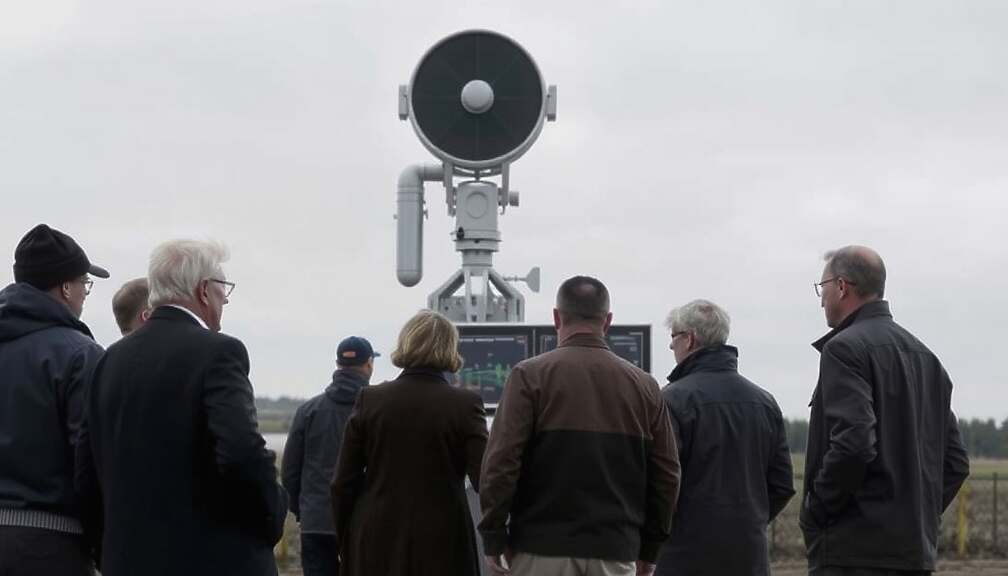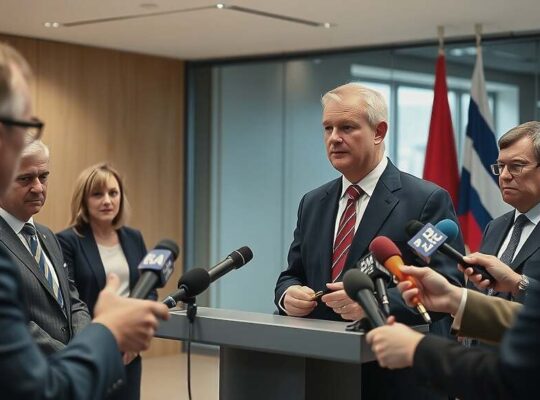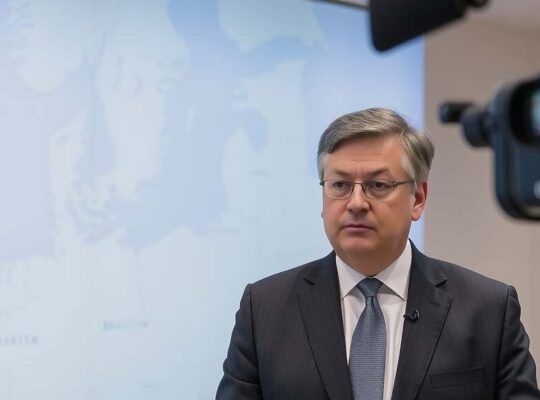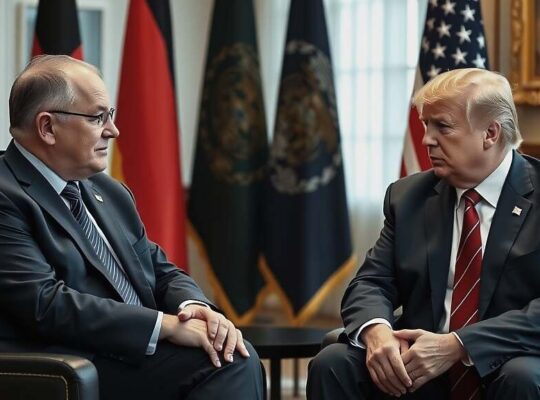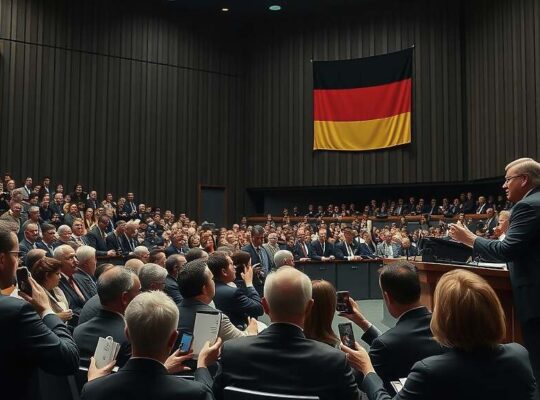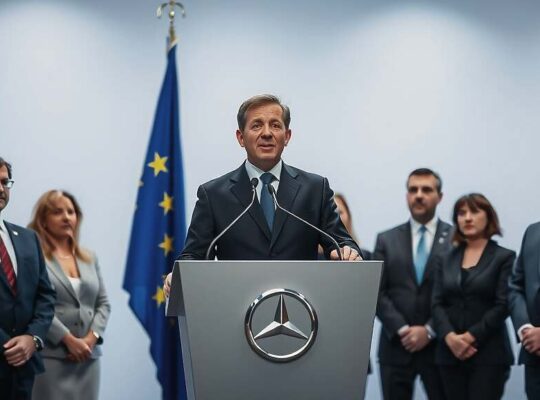The proposal to establish a national drone defense center spearheaded by Interior Minister Alexander Dobrindt is receiving strong endorsement from former NATO General Christian Badia, highlighting a growing concern over escalating drone threats to German infrastructure and security. Badia, recently retired from a senior role within NATO’s future warfare command, argues for a centralized coordination structure integrating the Bundeswehr, federal and state police forces and civil aviation authorities.
“The lines between internal and external security are irrevocably blurred” Badia stated in an interview, emphasizing the necessity of a unified approach. “We require a coordinating hub capable of real-time response, operating within a clearly defined legal framework calibrated to the level of threat.
The retired general’s plan envisions a tiered response system. The Bundeswehr would be equipped to handle large-scale threats – particularly the potentially devastating prospect of armed drone swarms – while police forces would maintain their own assets below that threshold. Crucially, Badia stressed the need for rigorous joint training exercises across all levels of response, echoing the coordinated efforts seen during past major crises. He argues this is essential for building overall national resilience.
Beyond governmental agencies, Badia’s proposal extends to critical infrastructure operators. He specifically advocates for empowering facilities like power plants, chemical parks and ports to deploy detection technology and non-lethal countermeasures. “Operators of crucial infrastructure must possess the capability to identify approaching threats” he asserted. This suggestion is likely to spark debate regarding liability and potentially raise privacy concerns, necessitating precise legal stipulations outlining the scope of permissible operator action.
Badia’s endorsement carries significant weight, yet underscores a critical and longstanding failure. He expressed frustration with the slow pace of response, highlighting that the threat of drone warfare has been recognized since the Afghanistan conflict, with minimal progress made in developing a robust defense system. This comment points to an uncomfortable truth: Germany’s current security architecture appears ill-equipped to address the evolving nature of modern conflict and requires urgent, comprehensive reform, moving beyond rhetoric to concrete action. The question now becomes whether policymakers will heed this warning and accelerate the implementation of a national drone defense strategy.


